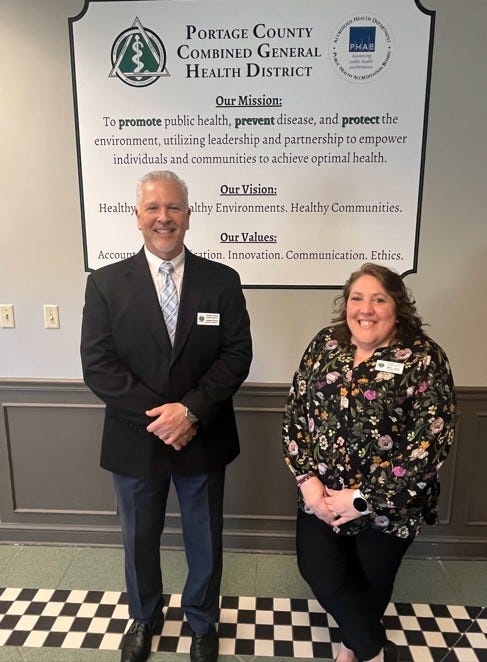Queen Camilla has recently reduced her public engagements due to a persistent chest infection that has hindered her ability to fulfill royal duties over the past few weeks.
This development has understandably raised alarm among the public and her close friends, who are increasingly concerned about the implications of her ongoing illness.
At the beginning of November, the Queen made the decision to cancel several scheduled appearances.
Buckingham Palace confirmed her condition, stating that she was suffering from a chest infection and had been advised by her doctors to take a brief hiatus for recovery.
The Palace expressed regret over her absence from the week’s events, noting her hope to recover in time for significant remembrance ceremonies planned for the weekend.
As her health situation evolved, Queen Camilla ultimately had to withdraw from those remembrance events as well.
Following medical advice, the Palace announced her absence from the weekend’s important commemorative activities to ensure her full recovery and to protect others from potential health risks.
While this decision disappointed her, the Queen intended to observe the occasion privately at home, demonstrating her respect for the event and her commitment to honoring those who served.
On November 12, the Queen attended an event and mentioned that her health was improving, albeit with some lingering cough.
However, shortly after this appearance, the Palace revealed she would cancel several engagements during a state visit from Qatar.
Notably, she opted to arrive at Buckingham Palace by car instead of participating in the arrival ceremony, although she did confirm her attendance at the official dinner, showing her determination to uphold some of her royal duties.
Fortunately, reports indicated that there had been no change in her diagnosis or treatment plan, suggesting that she was merely taking extra time to recuperate and prioritize her health.
The ongoing health challenges faced by Queen Camilla have highlighted the intense demands associated with her royal role.
Friends close to her voiced their concerns, suggesting that the relentless pace of royal life and its accompanying responsibilities might have contributed to her recent health issues.
One friend shared a poignant perspective: “People forget that Camilla never intended to be Queen.
She didn’t sign up for this whirlwind; she simply fell in love with a prince.” This insight sheds light on the unique pressures faced by royal family members, particularly those who did not initially seek the spotlight.
Another close associate echoed these sentiments, stressing the importance of rest and recuperation, especially during the Christmas season.
In a candid moment, one of Camilla’s close associates noted that Prince William had described his own year as “brutal” and “the hardest” of his life, suggesting that Queen Camilla had similarly endured a challenging year, particularly with her pneumonia diagnosis.
The need for self-care became evident as she dealt with feelings of being run-down and vulnerable.
Earlier this week, Queen Camilla clarified that her chest infection was indeed a form of pneumonia, which can be particularly serious for someone of her age.
Following this revelation, the Palace confirmed that while she was recovering well, she continued to experience episodic symptoms of post-viral fatigue, making it crucial for her to take adequate time to heal.
Her son, Tom Parker Bowles, shared insights into the “hell of a two years” that both his mother and King Charles have faced, marked by significant health challenges.
He revealed that King Charles had been diagnosed with an undisclosed form of cancer earlier this year, adding another layer of difficulty during this tumultuous period for the royal family.
The emotional toll of these health issues has weighed heavily on both Queen Camilla and King Charles as they navigate the complexities of public life alongside personal struggles.
Parker Bowles expressed his desire to spend Christmas with his mother at Sandringham after a long time apart, emphasizing the importance of family togetherness during challenging times.
Despite the hurdles she faces, Parker Bowles characterized his mother as a resilient and strong woman.
He noted that she returned to her duties sooner than advisable but underscored her toughness and deep regret for missing significant Remembrance Sunday events, which hold great importance for her.
This unwavering commitment speaks volumes about her dedication to her role, even amid personal health challenges.
Furthermore, Parker Bowles confirmed that King Charles’s cancer treatment is progressing well, offering a glimmer of hope amidst the uncertainty surrounding their health.
Reflecting on the past, he recounted the intense scrutiny faced by his mother during the tabloid era of the 1990s, describing the treatment she received as “barbaric.” His protectiveness during that tumultuous time underscores the need for compassion and understanding toward royal family members as they navigate public interest while dealing with private challenges.










